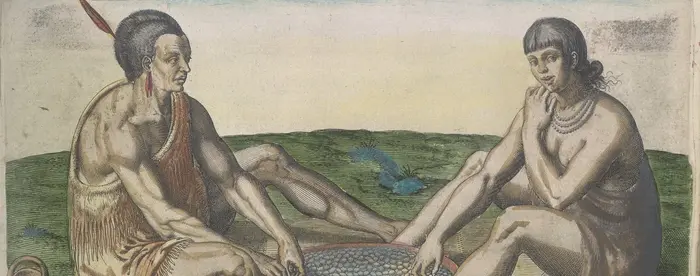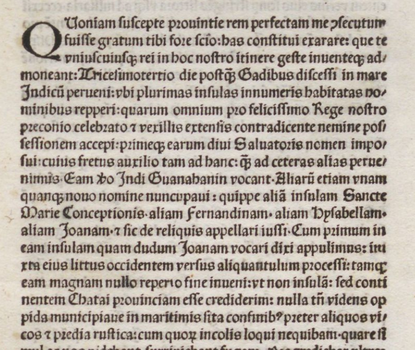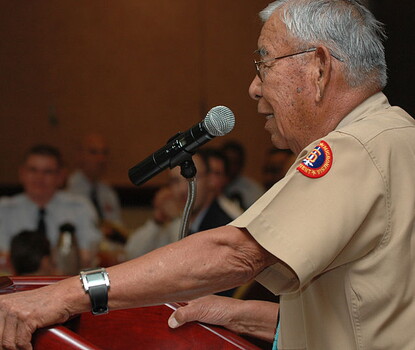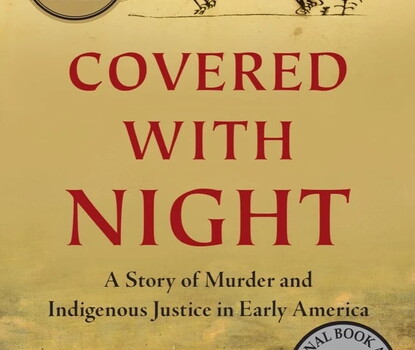In 2021, Indigenous Peoples’ Day, first celebrated in California in 1992, was proclaimed by the president as a federal holiday to be observed on the same day as Columbus Day, which is established by Congress.
Image: “Their Sitting at Meate,” engraving number 16 from De Bry, 1590. (New York Public Library Digital Collections)



